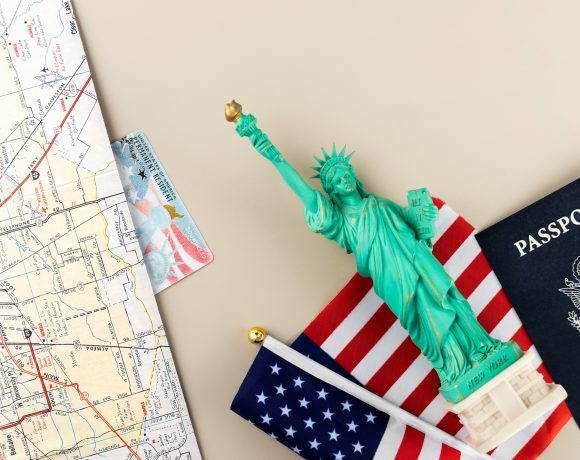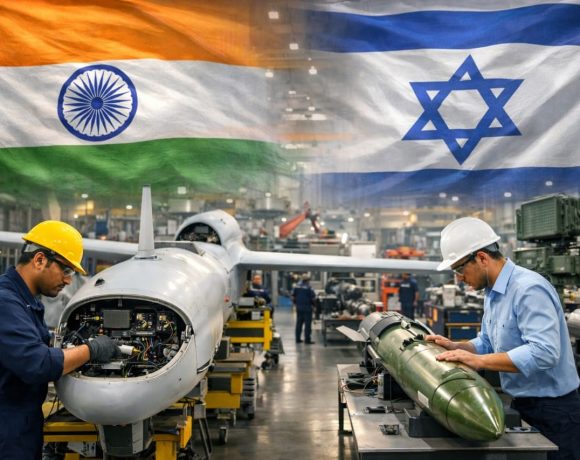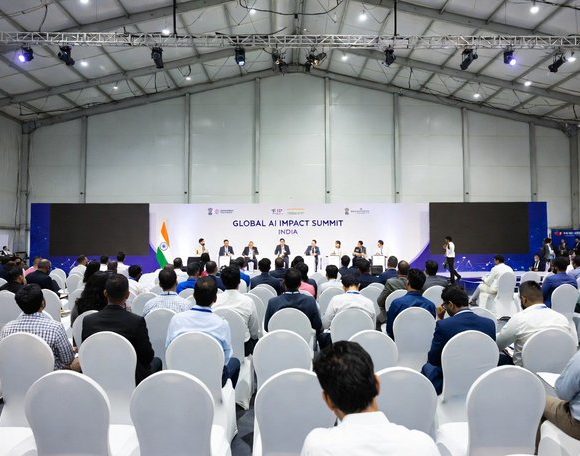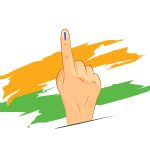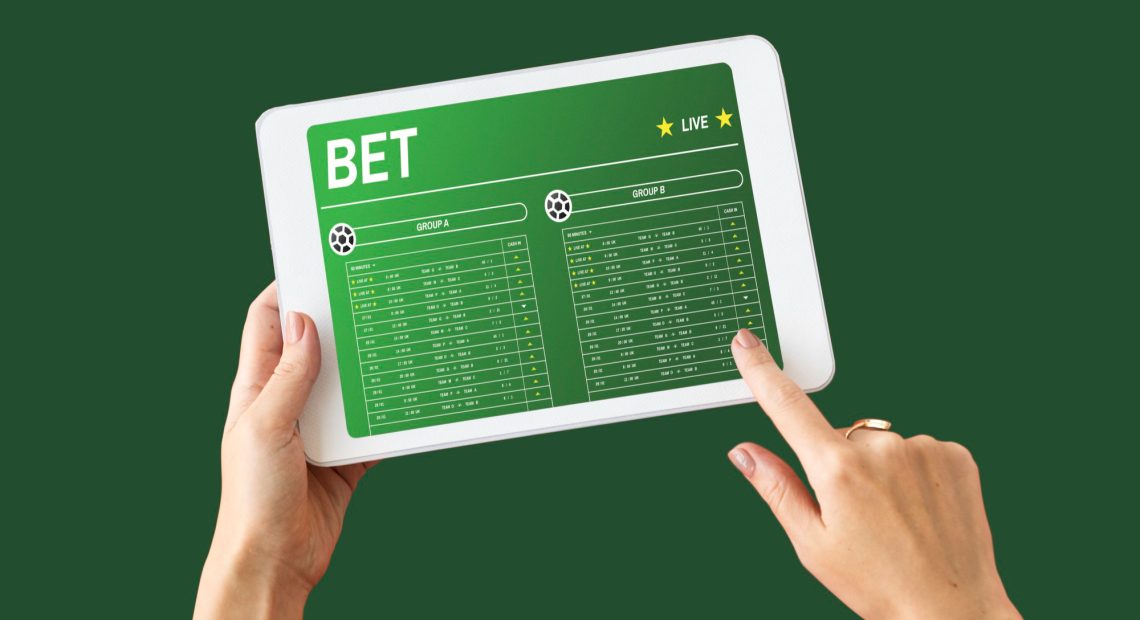
From Celebrity Endorsements to Family Suicides: The Blood Money of India’s Gambling Boom
In one corner of India, you’ll see Shah Rukh Khan grinning ear-to-ear, urging you to play responsibly on a “fantasy” gaming app. In another, a grieving family in Andhra Pradesh hangs itself after the son’s ₹30 lakh online gambling debt proves too heavy to bear. Welcome to the surreal contradiction that is India’s online gaming boom—where Bollywood charm meets back-alley despair, and profits thrive on addiction, debt, and death.
What started as harmless smartphone entertainment has quietly morphed into a national crisis. India’s online gaming industry, worth $3.8 billion as of 2024 and projected to grow to a staggering $9.1 billion by 2029, has become the digital equivalent of opium—legal in name, lethal in consequence. While it’s dressed up as “entertainment” and legitimized as “games of skill,” make no mistake: the blood trail leads from glamorous ad campaigns to hospital morgues and cremation grounds.
The industry’s explosive growth owes much to legal ambiguity. Gambling is prohibited under the Public Gambling Act of 1867, but that fossilized piece of colonial legislation never imagined a world of apps and cryptocurrency. Today, platforms claim immunity by labeling themselves as skill-based gaming services. This clever PR maneuver has worked wonders. Courts have occasionally backed them, taxmen have found a new goldmine, and politicians—well, they’ve found new donors.
But perhaps the most insidious enablers of this industry are the faces we trust the most.
From MS Dhoni’s endorsement of PokerStars to Jacqueline Fernandez posing for FairPlay, India’s beloved celebrities have willingly become the ambassadors of digital addiction. Shah Rukh Khan’s association with A23, Sonu Sood with 1xBet, and Hrithik Roshan with RummyCircle—these are not accidents. These are calculated decisions backed by lucrative contracts, all while disclaimers like “play responsibly” flash for three seconds in minuscule font. The irony? Many of these same celebrities moonlight as UNICEF ambassadors or promote mental health campaigns. It’s a masterclass in selective morality.
The consequences are far from virtual.
In Telangana’s Nizamabad district, a couple and their son died by suicide after online gambling debts consumed their life savings. In Karnataka’s Kalaburagi, a 23-year-old ended his life after accumulating ₹80 lakh in debt from betting apps. A family in Andhra Pradesh faced similar devastation when their son’s addiction forced them to sell land—only to be left with nothing. And who can forget the 22-year-old from Bihar disowned by his family over ₹96 lakh in online gaming debt? These are not isolated cases. These are warnings that no one in power wants to hear.
And yet, the government’s response has been a mix of selective blindness and passive profit-sharing. In a moment that should enrage any rational citizen, Finance Minister Nirmala Sitharaman proudly declared that the imposition of 28% GST on gaming deposits led to a 412% spike in revenue—₹6,909 crore in just six months. That’s right. While families lose homes, savings, and loved ones, the government quietly rakes in taxes from the same platforms it once promised to regulate.
Yes, there are token gestures. The Central Consumer Protection Authority (CCPA) has issued vague advisories warning celebrities not to promote illegal betting. Several sites were blocked, and offshore platforms were asked to appoint Indian proxies. But without criminal accountability or meaningful regulation, these steps are as good as putting a Band-Aid on a bullet wound.
And let’s not pretend the opposition is any more innocent. While some Congress and DMK MPs have raised concerns in Parliament, and BJP veteran Vijay Goel made a public call for a national ban, the broader political class remains unwilling to confront the issue head-on. Maybe it’s the industry’s deep pockets. Or maybe regulating online gambling just doesn’t poll well.
Meanwhile, celebrities continue to smile down at us from hoardings and YouTube pre-roll ads, as if their faces haven’t indirectly contributed to suicides. Their endorsements lend credibility, lure in new users—especially young, impressionable ones from small towns—and normalize a practice that’s destroying lives. The question we must ask is simple: How many families must burn before these stars start feeling the heat?
This is not just a policy failure; it is a moral catastrophe. A society that celebrates those who profit from addiction while abandoning its victims is not a society worth defending. And a government that taxes misery while preaching morality is not leading—it is looting.
It’s time we stop clapping for this circus.
Boycott the brands. Call out the influencers. Demand a central law that regulates or bans online gambling outright. Pressure political parties to stop accepting donations from gaming lobbies. And above all, stop idolizing celebrities who build empires on the wreckage of broken families.
Because this isn’t just entertainment anymore.
It’s blood money.


